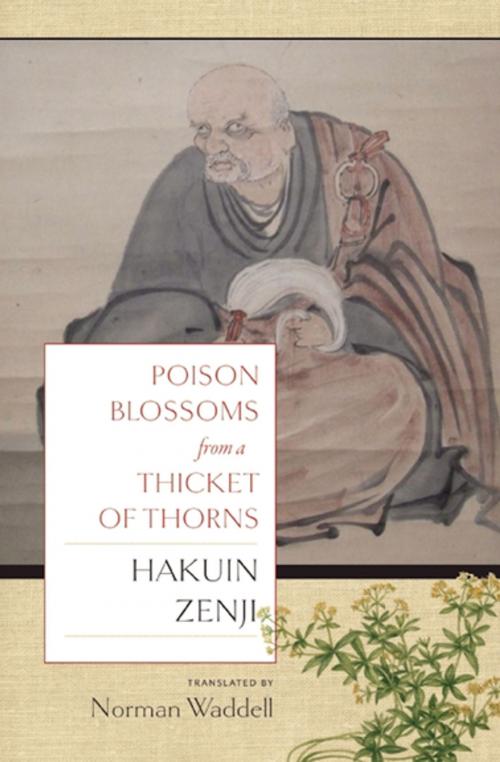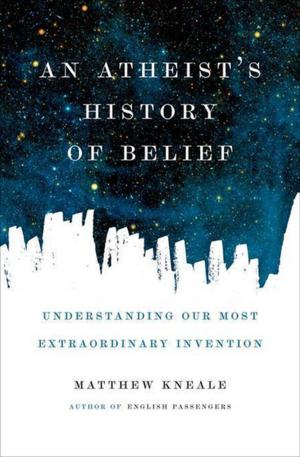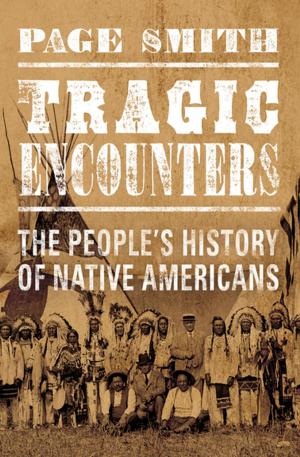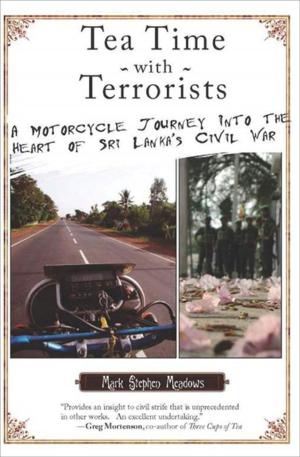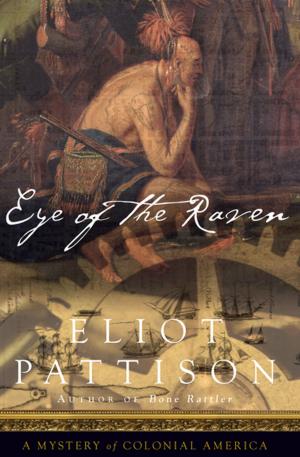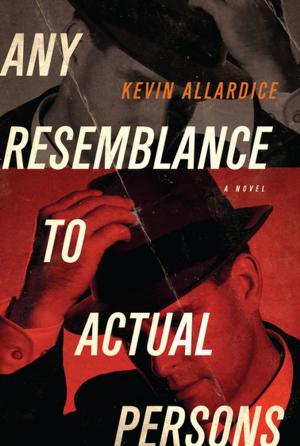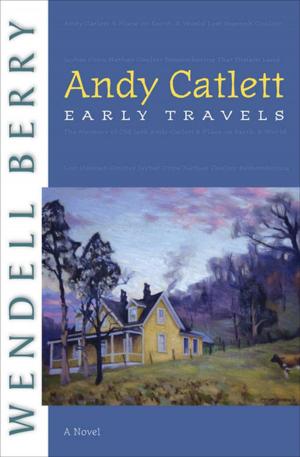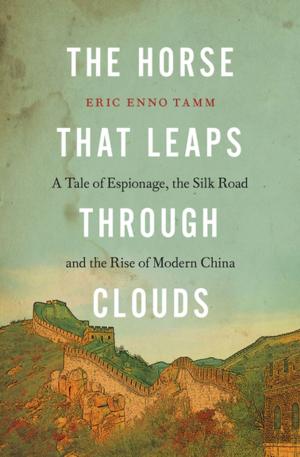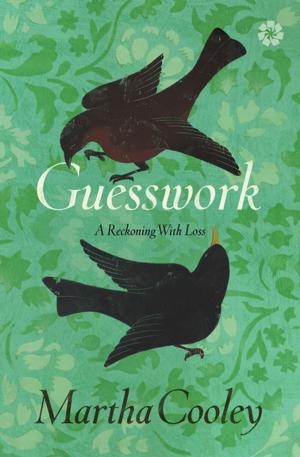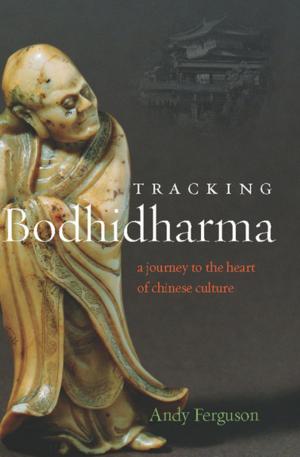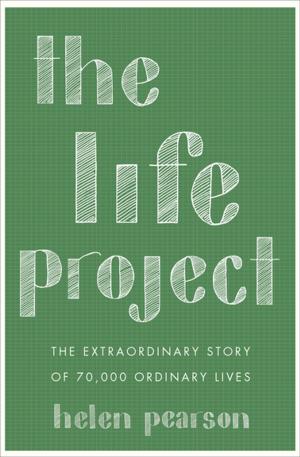Poison Blossoms from a Thicket of Thorns
Nonfiction, Religion & Spirituality, Philosophy, Zen, Eastern Religions, Zen Buddhism, Inspiration & Meditation, Spirituality| Author: | Hakuin Zenji | ISBN: | 9781619023871 |
| Publisher: | Counterpoint Press | Publication: | July 21, 2014 |
| Imprint: | Counterpoint | Language: | English |
| Author: | Hakuin Zenji |
| ISBN: | 9781619023871 |
| Publisher: | Counterpoint Press |
| Publication: | July 21, 2014 |
| Imprint: | Counterpoint |
| Language: | English |
“The authoritative . . . essential set of texts from the great [Zen] master . . . edgy, practical and often funny” (Gary Snyder, Pulitzer Prize–winning author).
Born in the 17th century, Hakuin Zenji is one of the greatest and most influential figures in Zen Buddhism. In addition to being the author of the most famous koan—or paradoxical riddle—ever written, “What is the sound of one hand clapping?”, his “Song of Zazen” is chanted in monasteries daily all over the world, and he is credited with reviving the Rinzai sect of Zen in Japan, the most important branch in the Golden Age of Buddhism.
In this extraordinary translation of the Keisō Dokuzui —three decades in the making—Norman Waddel delivers the entire teaching record of Zen master, including extensive explanations, notes, and even the wry, helpful comments that students attending Hakuin’s original lectures inscribed in their copies of the text. In addition, Poison Blossoms contains a highly diverse set of materials: formal and informal presentations to monastic and lay disciples, poems, practice instructions, inscriptions for paintings, comments on koans, letters, and funeral orations, a vast array of idioms and images that Hakuin employed to enliven his poetry and prose, historical and mythological elements, street slang, and doctrinal and cultural allusions. It makes for a towering achievement that will engage not only Zen students, but religious practitioners of all spiritual disciplines.
“The authoritative . . . essential set of texts from the great [Zen] master . . . edgy, practical and often funny” (Gary Snyder, Pulitzer Prize–winning author).
Born in the 17th century, Hakuin Zenji is one of the greatest and most influential figures in Zen Buddhism. In addition to being the author of the most famous koan—or paradoxical riddle—ever written, “What is the sound of one hand clapping?”, his “Song of Zazen” is chanted in monasteries daily all over the world, and he is credited with reviving the Rinzai sect of Zen in Japan, the most important branch in the Golden Age of Buddhism.
In this extraordinary translation of the Keisō Dokuzui —three decades in the making—Norman Waddel delivers the entire teaching record of Zen master, including extensive explanations, notes, and even the wry, helpful comments that students attending Hakuin’s original lectures inscribed in their copies of the text. In addition, Poison Blossoms contains a highly diverse set of materials: formal and informal presentations to monastic and lay disciples, poems, practice instructions, inscriptions for paintings, comments on koans, letters, and funeral orations, a vast array of idioms and images that Hakuin employed to enliven his poetry and prose, historical and mythological elements, street slang, and doctrinal and cultural allusions. It makes for a towering achievement that will engage not only Zen students, but religious practitioners of all spiritual disciplines.
